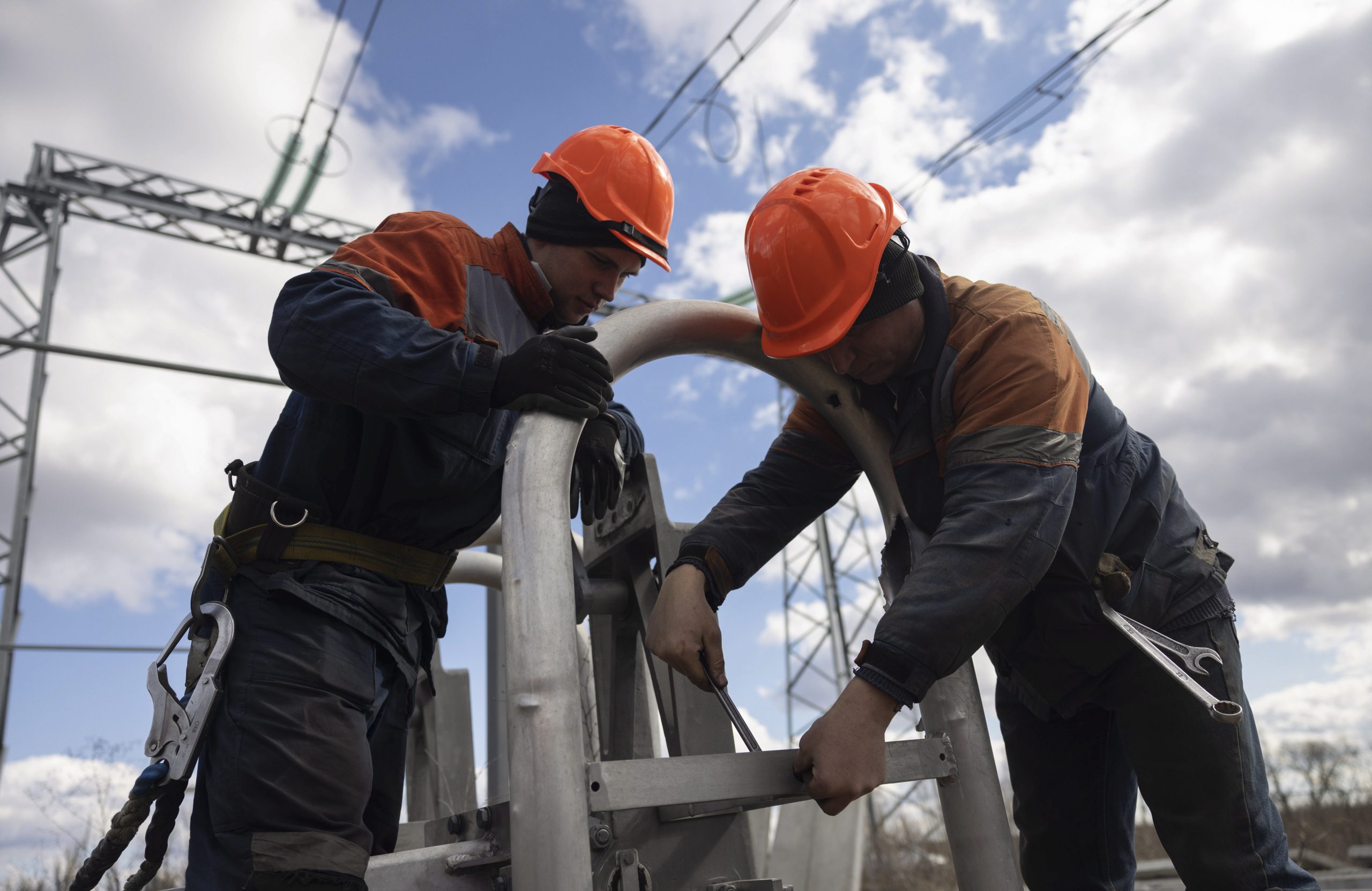Russia’s war against Ukraine has produced multiple shifts in the geopolitical landscape of Europe. Various EU member states and EU institutions broke through entire decades of dogmatic principles and established practices in security and defence policies to respond to Russia’s aggression and protect the continent. The energy domain is at the forefront of this confrontation, as Russia used its dominant market position in European energy supply in the run-up to – as well as during – the war to weaken Europe’s responses, divide the EU, and deter it from increasing its support to Ukraine.
The multifaceted and far-reaching impact of the war offers an opportunity for a deeper reflection on the lessons learned for energy security at the national, regional, and EU levels. It allows for an assessment of the prospects in the geopolitical landscape where Russia is comprehensively isolated; new energy and technology players grow in importance; a new global energy order emerges; and the effects of the climate crisis become more severe and evident. It is also a rare opportunity to assess how complex energy systems retain their resilience or degrade under the conditions of a high-intensity conventional war, which has collective defence implications to the ability of the frontline states, such as Estonia, to fulfil NATO’s baseline requirements for national resilience and thus Article 3 of the North Atlantic Treaty. The report seeks to provide analysis concerning these aspects of the war’s short-, medium-, and long-term impact on energy security in Europe, the Baltic region, and Estonia.
Conclusions of the report stress the importance of regulatory, policy, and technological flexibility, as well as innovation, in responding to various forms of strategic coercion through the energy sector – especially when such coercion is applied against targets under the duress of a major war, in which economic disruption, market uncertainty, geopolitical turmoil, and societal anxieties are abundant. The conclusions caution though that the appetite for resilience-enhancing investments and transformative solutions might diminish in the cost-conscious economic environment of the future or that the EU and US will start a vicious cycle of protectionist measures in green energy development, which will undercut transatlantic cooperation in energy security.
Download and read: War and Energy Security: Lessons for The Future (PDF)










